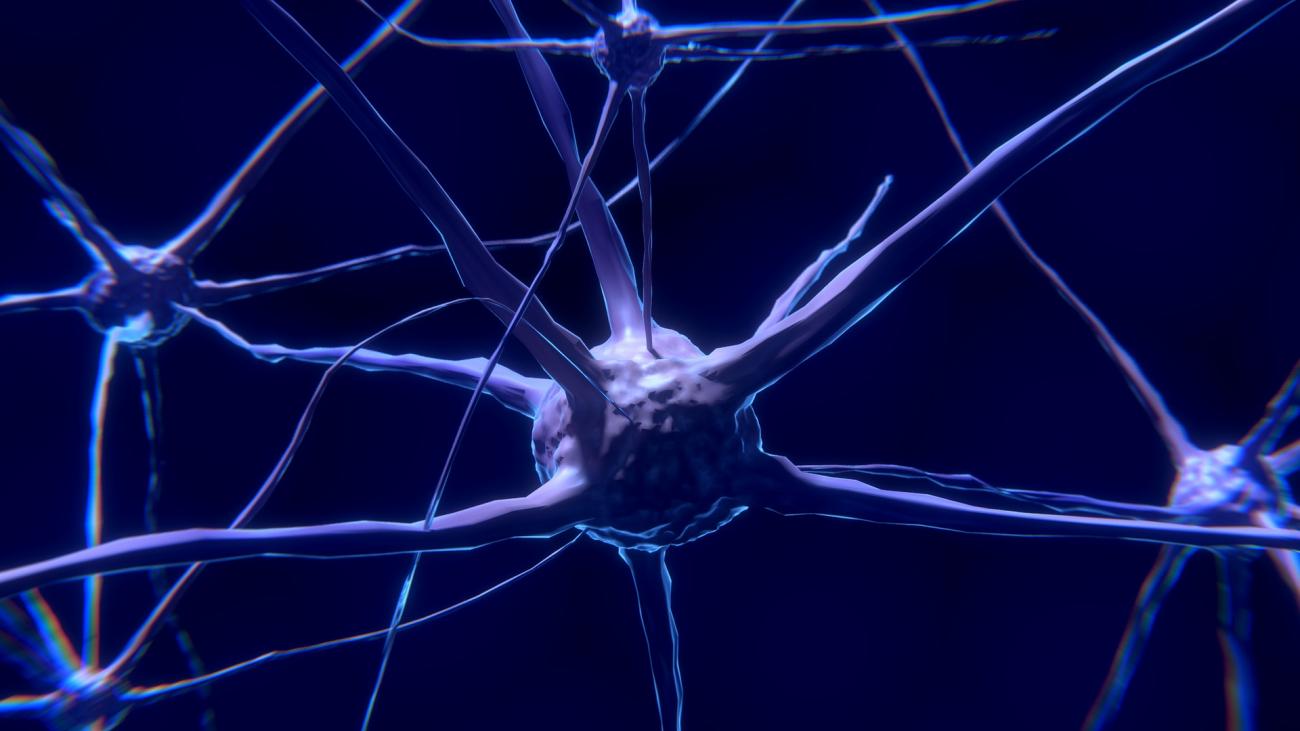Basal ganglia circuits for learning from action
Recent success in training artificial agents and robots derives from diverse combinations of representations and learning algorithms leading to high levels of performance in some settings. In animals, behavioral learning and the role of mesolimbic dopamine signaling have been extensively evaluated with respect to a relatively narrow set of constructs: those of reward or reward prediction; however, to date there has been little consideration of how an enlarged view of learning algorithms might inform our insights into animal learning broadly and the role of mesolimbic dopamine signaling specifically. In this seminar I will discuss recent work from our group where we explore an atypical class of reinforcement learning algorithm in the context of initial learning in naive mice. I will use this work to argue that both the correlates of activity and the function of dopamine release are more consistent with a role of mesolimbic dopamine in adaptively modulating the rate of learning. I conclude by discussing the implications of this argument in the context of other learning paradigms studied in my group and for conceptualizing how animals learn through trial and error.
Dr. Dudman is a Group Leader at the Janelia Research Campus of the Howard Hughes Medical Institute.
NACS Seminars are free and open to the public.




